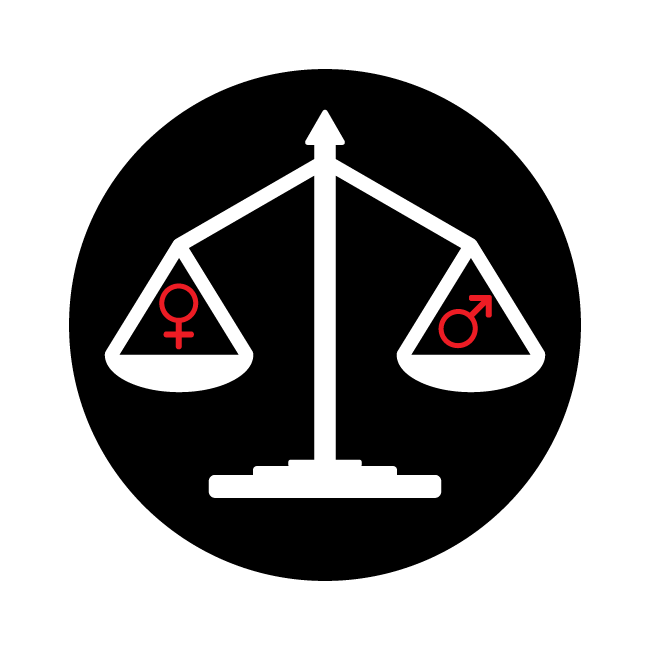It’s been two decades since South Africa became a democratic republic and the issue of gender equality in the workplace continues to surface. We have our Constitution as the supreme law of our land – that is widely acknowledged as one of the most progressive in the world. Enshrined in Section 8 of the Constitution is the right to equality. This provision prescribes that no one can be discriminated against on grounds of race, sex, religion and sexual orientation. However, there is an unfair disparity between the salaries of females and males in South Africa.
According to statistics published by the South African Revenue Services (SARS) in 2013, the average taxable income for females was around R193,908 ($14,543) per annum, while males earned an average of R254,347 ($19,076) per annum. This effectively means that the average female earns around a third less than males. There are, however, a number of plausible reasons: firstly the job market that succeeded the Industrial Revolution was primarily designed for men, men were, and still are to a degree, seen as the providers and women as caregivers.
However, this has progressively changed over the past few decades with gender equality groups, in recent years vehemently stating their dissatisfaction for the slow rate of transformation for women in the workplace. Interestingly, South Africa has funnelled out more female graduates than males in recent times and the pay at which both parties start is often based on the educational level, skills and experience. Thus, on the surface, it appears as though males and females start on a similar pay grade.
Nonetheless, what would be interesting to investigate is why the gap widens over the years. Are males offered better opportunities for career advancement than women purely based on the fact that they are men? Or perhaps are employers wary of the disruption pregnancy might have on labor supply? If the Constitution states that we are all equal, why should the latter even be questioned? After all, women do not get pregnant by themselves. Some sociologists believe that the proverbial ‘work/life’ balance for women may be an illusion, citing that females might have to concede a thriving career for a more family-orientated lifestyle.
A recent survey that was conducted in numerous university campuses across South Africa states that most female graduates’ biggest concern is how they will take care of their families amid ambitions of conquering the corporate world.
Some may wonder why the conversations surrounding the disparity of income between males and females are pertinent. In a South African context it is simply unavoidable: the country’s social structure tells us that more houses are headed by women than men. Thus females earning potential not only impacts their immediate spending potential on the people they care for but could possibly have an adverse impact their ability to take care of themselves in their pension years.
The call from gender equality organizations for the eradication of income disparities between men and women has never been more boisterous. This call includes getting more female participation in management and senior executive positions within organizations. Ironically, the private sector can learn from the government. Our government has taken the lead and should be commended for employing women as cabinet ministers, premiers, MECs, mayors and directors and CEOs in state organizations.
Diversity can be a significant competitive advantage for organizations that implement it correctly. Women are the backbone of our society and the role they play in our family structures is indispensable. Despite the prejudices women have overcome in the ‘free world’, there are biases that are firmly rooted in the workplace and should be addressed. Going forward, our labor legislative framework should consider shared paternity and maternity leave in order to minimize the biases that women encounter for falling pregnant – what I would call the ‘career penalty’. Conversations around the disparity in income of men and women is a decent start, but whether anything will be done about this remains to be seen.
